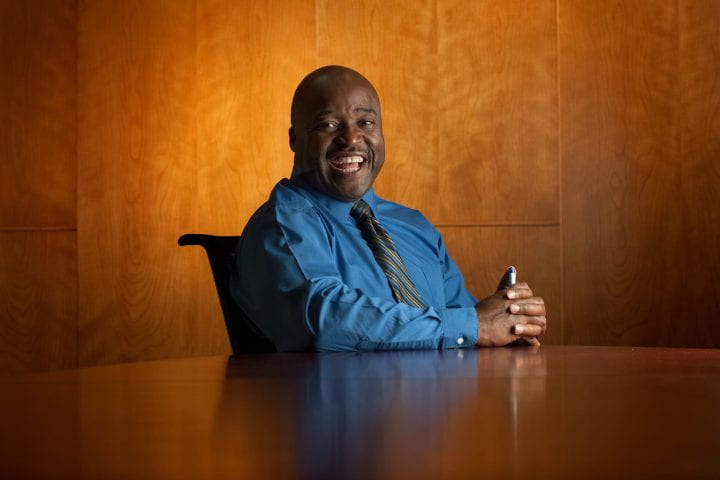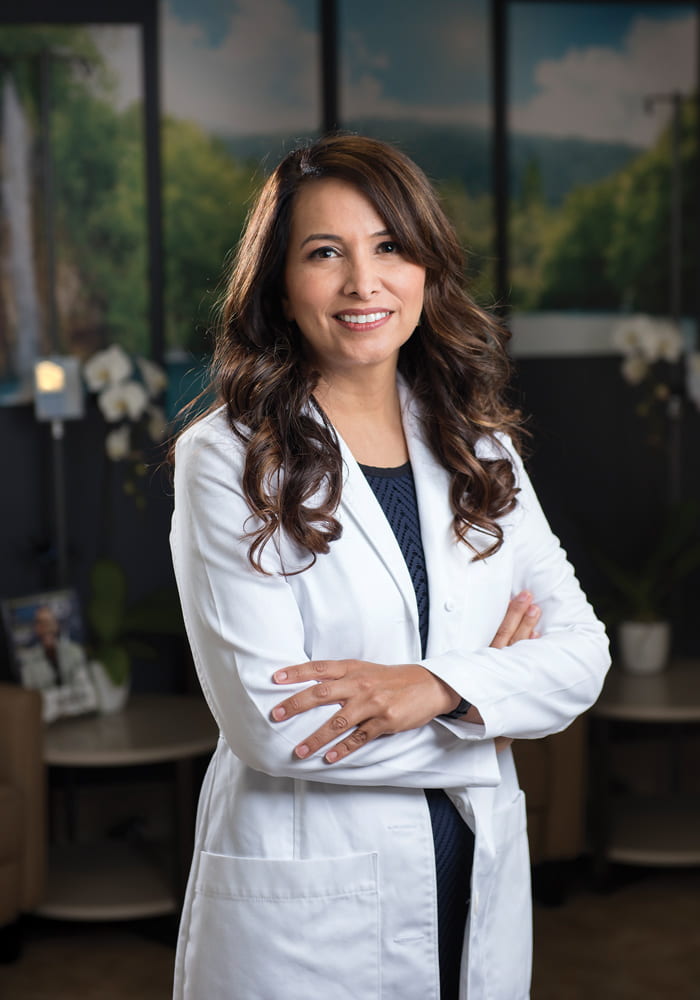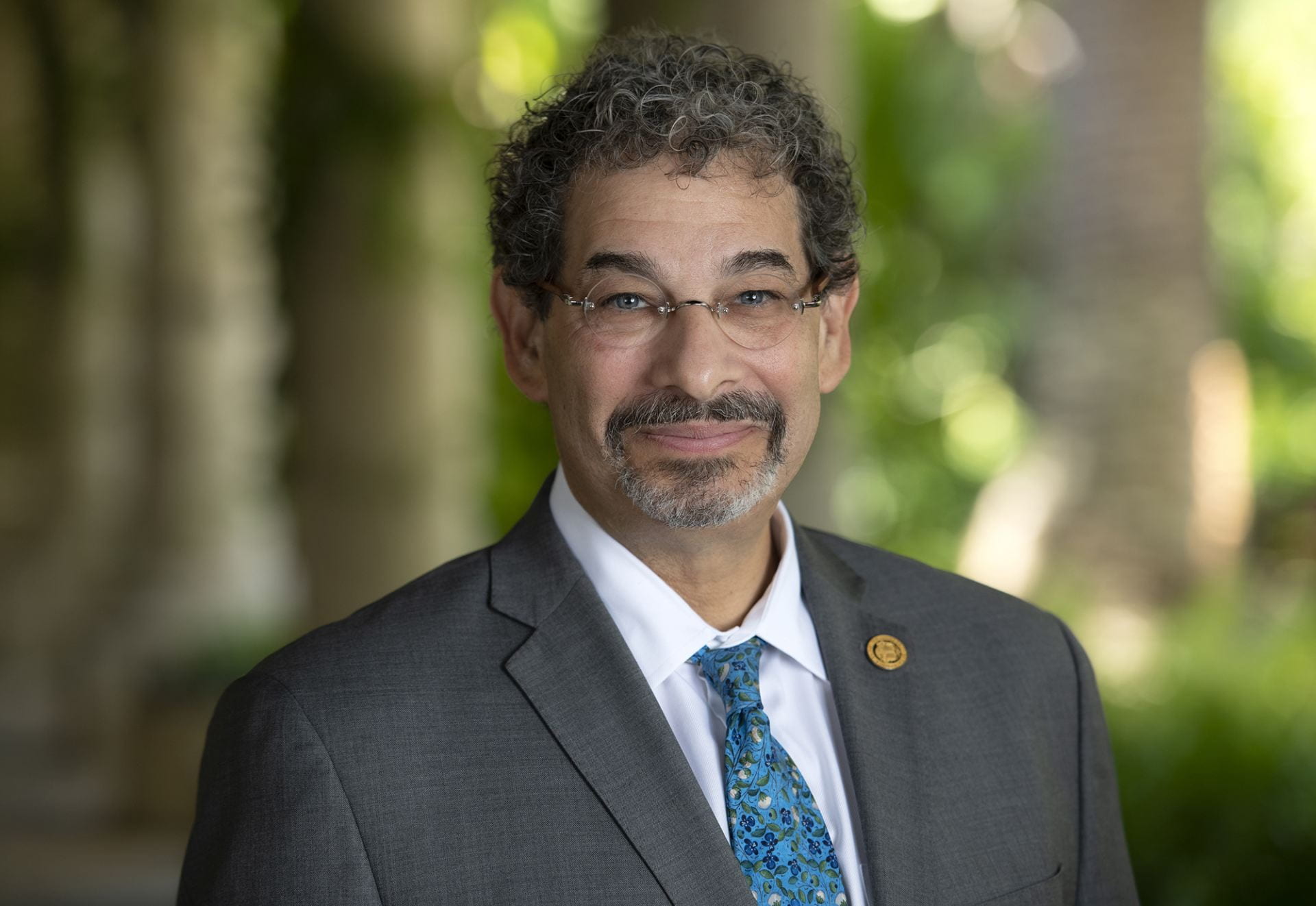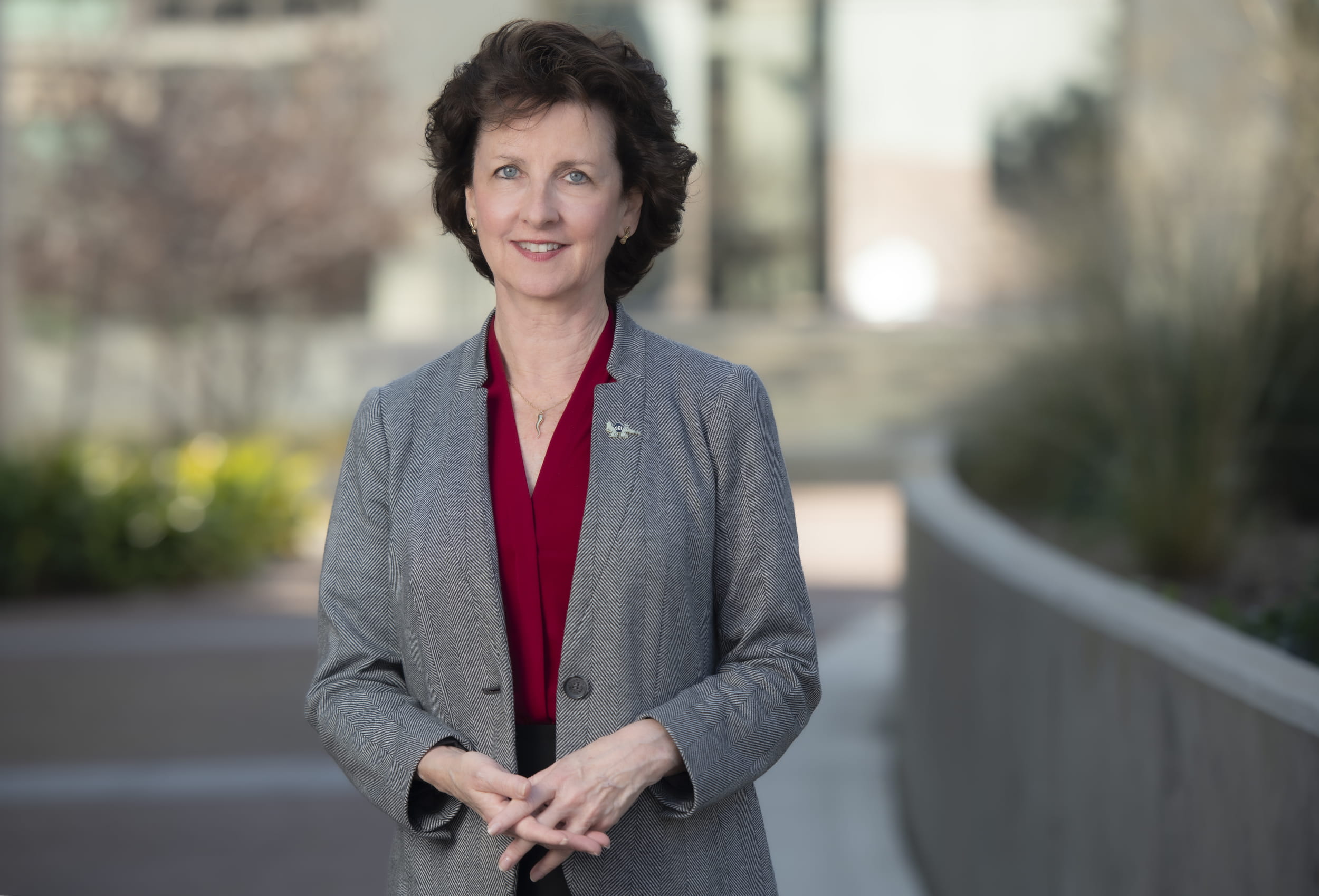New engineering dean gears up for fiscal challenge
Gregory Washington knows the mechanics of staying cool under pressure.

Gregory Washington, UC Irvine’s new dean of The Henry Samueli School of Engineering, knows the mechanics of staying cool under pressure.
An accomplished systems engineer, Washington researches “smart” materials that respond to temperature changes, stretching and other stimuli, and which can be used for everything from heating car seats to harvesting energy from computers to recharge batteries.
“If you pull on them, press them or otherwise strain them, they actually will produce electricity,” he explains. “So any entity that’s vibrating or moving, I can extract energy from it and then use that for a very useful purpose.”
Washington, who was named this summer after heading The Ohio State University’s engineering school for three years, intends to be just as flexible and creative in his new role at UCI during an economic downturn.
He has a booming laugh and great enthusiasm for the depth of talent he’s already found at the top-ranked Samueli School. But he’s quite serious about the challenges it faces as just one of many cash-strapped institutions in the University of California system.
“When I told people I was coming to UCI, they said, ‘Are you crazy? Do you know what’s going on out in California?’” Washington says. “But I feel that in times of crises, the opportunity exists for the best solutions.
“So UC – and UCI in particular – has a few decisions to make: Are we going to hunker down and cower at the mere presence of what’s in front of us, or are we going to view this as a chance to remake ourselves, so that we come out the other end a much stronger institution? If we do the latter, we’ll develop solutions that could actually lead the nation.”
He plans to emphasize the strengths of the school’s faculty in signature fields: biomedical research, communications technology, environmental technology and sustainable energy and transportation systems. With 1,300 businesses in Orange County alone in those areas, Washington sees possibly profitable partnerships in the making. As corporations continue to slash their own research, he notes, they’ll need the seed ideas provided by universities all the more.
“There’s so much potential and untapped opportunity in and around our county. There’s so much potential and opportunity still locked up in our faculty,” he says. “If we just begin to uncover that, we won’t have as much need for state support, and that’s where we want to be. My new mantra is ‘partner or perish.’”
Washington, 45, was born in Harlem, N.Y., and is believed to be the UC’s first full-time African American engineering dean. He began tinkering with things as a child: “I was the kid who gave my parents fits because I took stuff apart – my toys, the record player. Whatever could be taken apart was.”
By high school, Washington was also excelling at mathematics, and he realized he could combine the two skills perfectly in engineering. He earned bachelor’s, master’s and doctoral degrees at North Carolina State University and began his career as an assistant professor at OSU in 1995.
A member of the U.S. Air Force scientific advisory board, Washington has contributed to studies on how to reduce the military branch’s energy use and – in the face of federal budget woes – prolong the useful life of its aging aircraft.
“The Air Force is the largest consumer of energy in the world,” he says. “Even the most fuel-efficient airplane is not very efficient; they’re basically energy hogs. And then you’ve got the bases, which are huge consumers of electricity.”
Because the advisory board meets annually at the Arnold & Mabel Beckman Center of the National Academies of Sciences & Engineering, Washington, his wife and their two children have previously spent time in Irvine before. But the couple first fell in love with Southern California in the mid-1990s, when they traveled in the dead of winter from Ohio to San Diego for Washington’s first professional lecture.
In coming to UCI, he takes the helm of an institution with more than 100 faculty and 3,000 students that U.S. News & World Report recently ranked 39th nationwide among engineering schools conferring graduate degrees.
“Gregory Washington has a stellar record as a research scientist and academic leader who has concentrated on engineering energy-efficient vehicles and developing adaptive materials,” says Chancellor Michael Drake. “He also has been an adviser to many organizations, including the U.S. Air Force. We are delighted to bring his enthusiastic vision for excellence, strategic partnerships and innovation to The Henry Samueli School of Engineering.”



